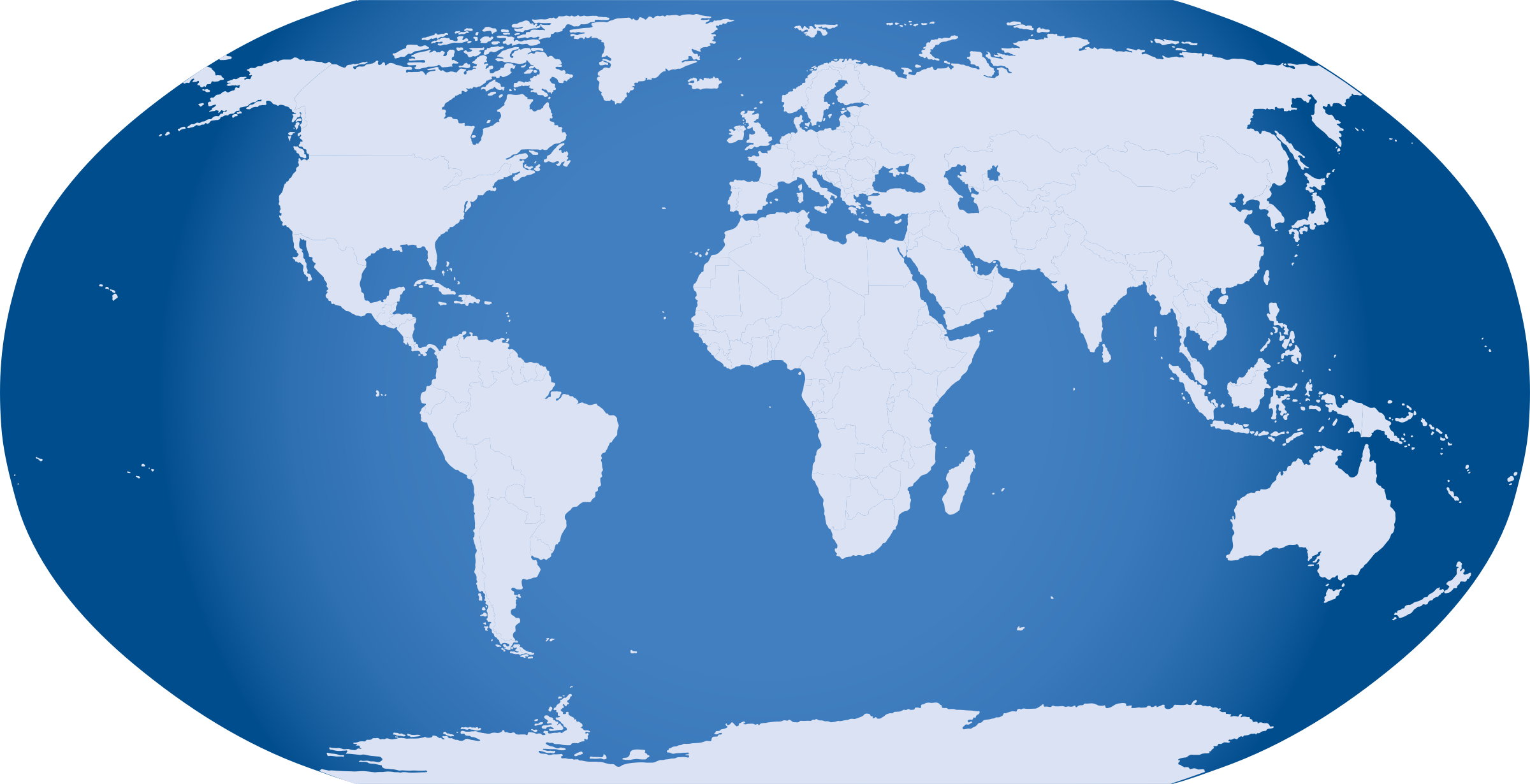World Science Day, celebrated annually, encapsulates the intricate relationship between scientific progress and societal advancement. Within the context of Bahá’í teachings, this observance serves as a compelling reminder of humanity’s collective responsibility to engage with and harness scientific knowledge to foster peace, harmony, and understanding. The Bahá’í perspective provides an enlightening lens through which to examine the implications of this day, both in terms of its educational potential and its capacity to spur a transformative shift in global consciousness.
The essence of Bahá’í teachings lies in the notion that science and religion are complementary. This duality not only fortifies the pursuit of truth but also underlines the importance of utilizing scientific inquiry as a means to address the multifarious challenges confronting humanity. By embracing this synthesis, World Science Day becomes more than a simple celebration; it transforms into an opportunity for reflection and enlightenment regarding the interconnectedness of knowledge and moral integrity.
One of the piquant themes central to Bahá’í philosophy is the imperative of universal education. The Bahá’í Faith posits that education is not merely a privilege but a fundamental right that should be accessible to all. On World Science Day, one is reminded of the urgent need to democratize scientific knowledge. This democratization can be achieved through initiatives aimed at cultivating a scientifically literate citizenry, one equipped to tackle contemporary issues such as climate change, public health crises, and technological ethics. This is where perspective shifts become particularly critical. The Bahá’í teachings encourage individuals to view scientific knowledge as a universal heritage, rather than a reserved asset for the elite. Such a perspective engenders greater collaboration among nations and peoples, leading to a more equitable world.
Moreover, the concept of the pursuit of knowledge encompasses not just the acquisition of data, but also the application of wisdom. In the context of World Science Day, the Bahá’í community urges participants to ponder the moral dimensions of scientific advancements. What obligations do we have as custodians of scientific technology? How can we ensure that our inventions serve humanity’s best interests? These are not merely rhetorical questions; they represent the crux of a Bahá’í-inspired approach to science that champions ethical considerations alongside empirical investigation. The teachings encourage individuals to cultivate a mindset that scrutinizes the ramifications of scientific endeavors, promoting a paradigm anchored in ethical accountability.
The call to utilize science for the betterment of humanity’s condition reverberates through Bahá’í literature. In the spirit of World Science Day, individuals are invited to engage with scientific developments through a lens of altruism. This involves contemplating how innovations can alleviate suffering and promote overall well-being. Thus, one might consider how advancements in medicine and technology can be employed to eradicate poverty or enhance quality of life globally. This interconnected vision necessitates collaboration among diverse groups, urging scientists, policymakers, educators, and spiritual leaders to unite in a concerted effort towards common goals. The Bahá’í Faith thus advocates for a holistic view of science that transcends disciplinary boundaries, embodying a fusion of empirical inquiry and spiritual insight.
Such collaborative endeavors are further bolstered by the Bahá’í principle of unity in diversity. This tenet posits that the synthesis of various viewpoints enriches dialogue and fosters innovation. In light of World Science Day, individuals are encouraged to explore diverse scientific perspectives, recognizing that each contribution, regardless of origin, advances the collective understanding of humankind. When interdisciplinary approaches are celebrated, the dissolution of silos becomes possible, fostering environments where creativity can flourish. This dynamic interplay can lead to breakthroughs that hold immense potential for societal advancement.
Additionally, Bahá’í teachings underscore the significance of continuous learning as a foundational principle. World Science Day challenges the complacency often associated with established scientific knowledge. Instead of viewing scientific conclusions as endpoints, there must be an acknowledgment that science is an ever-evolving field, characterized by ongoing inquiry and exploration. This notion invites individuals to maintain a sense of curiosity and adaptability, essential traits needed to navigate the complexities of an increasingly interconnected world. By cultivating a habit of lifelong learning, one can remain receptive to emerging ideas, ensuring that even today’s advancements do not become tomorrow’s obsolescence.
Finally, the observance of World Science Day beckons us all to ruminate on the global challenges that lie ahead. Climate change, inequality, and health pandemics are but a few of the pressing dilemmas that demand innovative solutions grounded in scientific understanding. The Bahá’í teachings voice an urgent call to action, urging humanity to embrace our moral and ethical responsibilities in the face of such challenges. In recognizing the integral role of science as a facilitator of human flourishing, we are reminded that our collective destiny is inexorably tied to our ability to apply knowledge in service to the greater good.
In conclusion, World Science Day serves as a fulcrum upon which humanity can pivot towards a more enlightened future. By adopting the Bahá’í perspective, we are prompted to transcend mere celebration, shifting towards a deeper understanding of our collective obligations. The intersection of scientific inquiry and spiritual principle lays a foundation for a world characterized by equity, sustainability, and unity. As we commemorate this day, let us cultivate a consciousness that recognizes the power of science as a catalyst for positive change, nurturing a world in which knowledge and compassion coalesce for the advancement of all.
